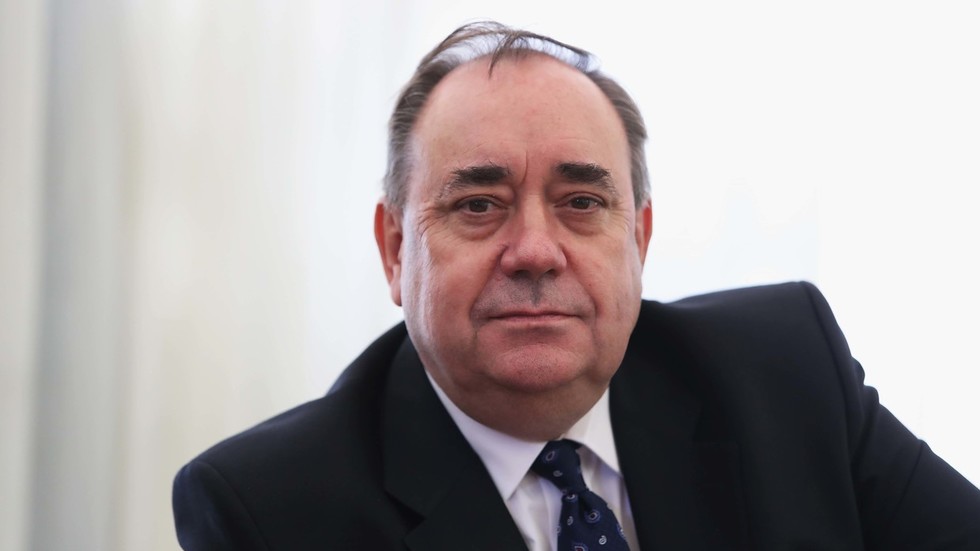Alex Salmond, a prominent figure in Scottish politics, has passed away at the age of 69, according to various reports from British media and officials. Best known for orchestrating Scotland’s pivotal 2014 independence referendum, Salmond’s political journey was marked by both significant achievements and controversies. On the day of his death, Salmond was delivering a speech in North Macedonia, where, unfortunately, he reportedly collapsed. His loss has sent shockwaves through the political landscape, eliciting tributes from political leaders across the UK, including Scottish Labour leader Anas Sarwar, who expressed disbelief and sorrow over the news.
Born in West Lothian, Salmond had a long-standing commitment to Scottish independence from an early age, first enshrining his leadership within the Scottish National Party (SNP). He captained the party during two significant periods and rose to the position of First Minister from 2007 to 2014. Salmond’s tenure is perhaps most noted for his achievement in securing an independence referendum approved by then-Prime Minister David Cameron. Although the ‘Yes Scotland’ campaign he led was ultimately defeated—with 55.3% voting against independence—this event marked a crucial moment in the Scottish political landscape. Following the referendum’s outcome, Salmond resigned from his position as First Minister, a move that underscored the stakes involved in the independence discourse.
After stepping down, Salmond made a brief return to frontline politics, winning a seat in the House of Commons in the 2015 general election as the MP for Gordon. His post-parliamentary career included serving as the SNP’s foreign affairs spokesman, where he championed issues relating to the developing world and criticized perceived Western interventions. Nevertheless, his political career took another hit in 2017 when he lost his seat during the general election to a Conservative candidate, prompting a shift toward broadcasting. Salmond launched ‘The Alex Salmond Show’ on the Russian television network RT, a platform he used until its suspension in early 2022 due to geopolitical tensions surrounding Russia’s military actions in Ukraine.
In 2018, Salmond resigned from the SNP amid a tumultuous period filled with allegations of sexual assault, claims he vehemently contested, suggesting they were fabricated by his political adversaries, including then-SNP leader Nicola Sturgeon. Salmond was later acquitted of all charges in 2020, an outcome that paved the way for him to establish the Alba party, a new pro-independence faction named after the Gaelic term for Scotland. Despite his ambitious plans, the Alba party struggled to make significant inroads, failing to secure any seats in the 2021 Scottish Parliament elections and the following local elections in 2023.
Despite the controversies that surrounded him, both political allies and opponents have recognized Salmond’s considerable contributions to Scottish politics. Current First Minister and SNP leader, Humza Yousaf, despite previous tensions between them, acknowledged Salmond’s profound impact on the SNP, affirming his role in transforming it into the dominant political force in Scotland. This sentiment highlights the complex legacy Salmond leaves behind, encompassing both his political prowess and the scandals that marred his reputation.
Salmond is survived by his wife, Moira, with whom he had no children. His death marks the end of an era for the Scottish independence movement and a notable chapter in UK politics. As tributes continue to pour in, the dialogue around his legacy remains multifaceted, characterized by both admiration for his advocacy of Scottish nationalism and scrutiny regarding the allegations that tainted his later years in public life.

